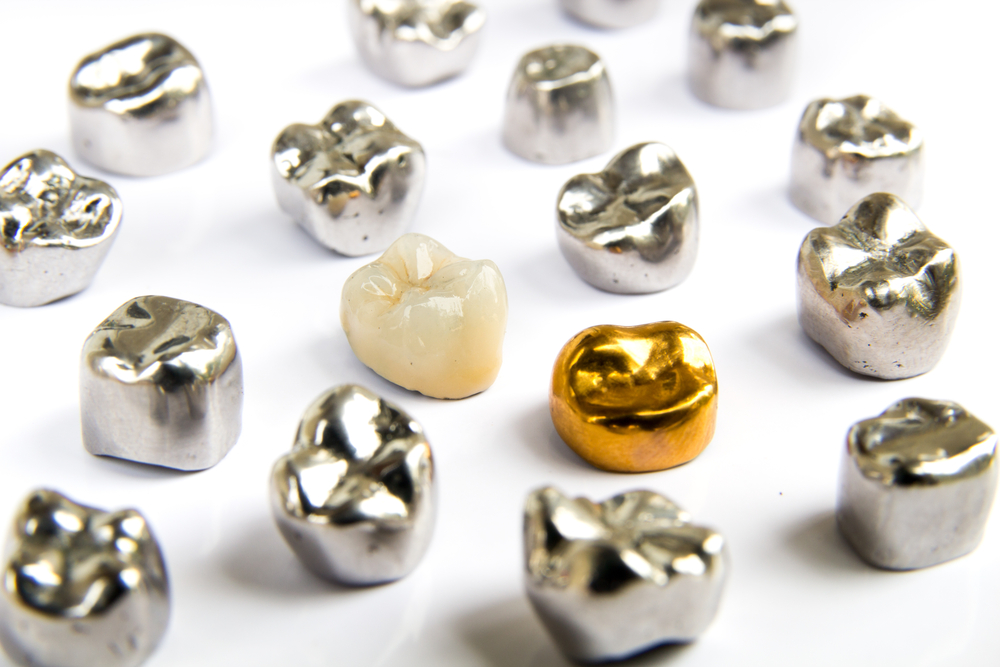When I was a child, often we would get out boardgames, or toys. Then we would lose focus and get out another. Eventually, the entire lounge room would be strewn with a great jumbled mess and my normally mild mannered mother would transfigure into a fire breathing dragon, threatening all manner of fearsome outcomes should we not return said lounge to it's former state.
It was of course, four times more difficult sorting out a multitude of games, toys and lego now that it was all mixed up.
We cannot of course actually multi-task
We can only focus on one thing at a time. When we change our focus, we have a thing called switching cost. This is the amount of time and effort it takes us to switch our focus to a new task.
Those that can so called multi-task just have a low switching cost. But they still do one thing at a time.
When we try to focus on too many things at once, we end up with our brain overloaded and we just do nothing very well.
Whenever we do something large and stressful like a full arch prep, we have very similar situations. If we start thinking of all the things we have to get accomplished, we feel stressed, get confused, and not only do we lose focus, we start becoming ineffective.
Because I teach a lot of intensive courses, it is normal for me to push people to their very limit and it becomes very obvious when someone crosses over into the ineffective zone. Their hands are moving backwards and forwards, but they are actually doing and achieving nothing.
Like a computer, once our brains reach 100% of capacity, they crash
So often long or difficult procedures are as much a game of mindset, fatigue and emotional management as they are of hand skills. Perhaps more so.
So how to stay zen for long arduous procedures?
One of the most important techniques is to not treat big procedures like big procedures. A full arch prep is not a full arch prep. It is merely a collection of tiny procedures, each one in a package.
You have perhaps six packaged in a line. You do not open them all. If you do, you will have a mess. Instead you open each package one at a time, and then close it when you are done.
Let up open the first package. It is very small. Just get the patient numb. Deeply, profoundly, and widely anesthetised. Do not spare the anesthetics. Use too much, not just enough. It is the bed rock of restful work. Only once you are absolutely sure that the patient is profoundly numb on all teeth to be treated, ideally both buccally and lingually, can you close the package. Then you put that package away and stop thinking about it.
Open a package. This one is occlusal reduction. Ensure your bur is a new one. Do not think about axial reduction. Do not think about cores. Or impressions. Or controlling bleeding. Only occlusal reduction on all teeth. Do it once. Do it perfectly. Now close the package and put it away. Do not think about it anymore.
Open a package. This one is remove all previous dentistry. Use a large diameter diamond bur. Do not tinker. Just get it all gone. All amalgams, composites, ZOE bases. Everything. Do not think about bleeding gums. Do not think about cores. Do not think about whether teeth need endo. Just remove old dentistry. Do not turn your bur off until it is gone. Every speck. Every amalgam stain. All caries. Everything. Once it is done perfectly, close the package, and put it back on the shelf and do not think about it.
Open a package. Everything is bleeding. This one takes time. Pack cord soaked in viscostat clear. Get wisps of cotton out of a cotton roll. Soak the cotton in viscostat. Inject anesthetic with adrenalin into the bleeding areas. Leave all the cotton packed around the gingiva for ten minutes. Leave the room while this happens and put a ten minute timer on. When you come back you will haver perfect tissue control. Once bleeding is perfectly stopped, close the package. Put it away. Do not think about it any more.
And so on. Each step, small, focussed, easy. Do not move on until it is done perfectly.
Take a break occasionally. Staying focussed is faster than never stopping and slowing with fatigue. Eat. Drink some water. Rest when you need to.
If you do everything smoothly, one package at a time, and rest from time to time, you will finish quicker and better. And you will not risk crashing mentally.
How do you manage large appointments? What are your thoughts?



